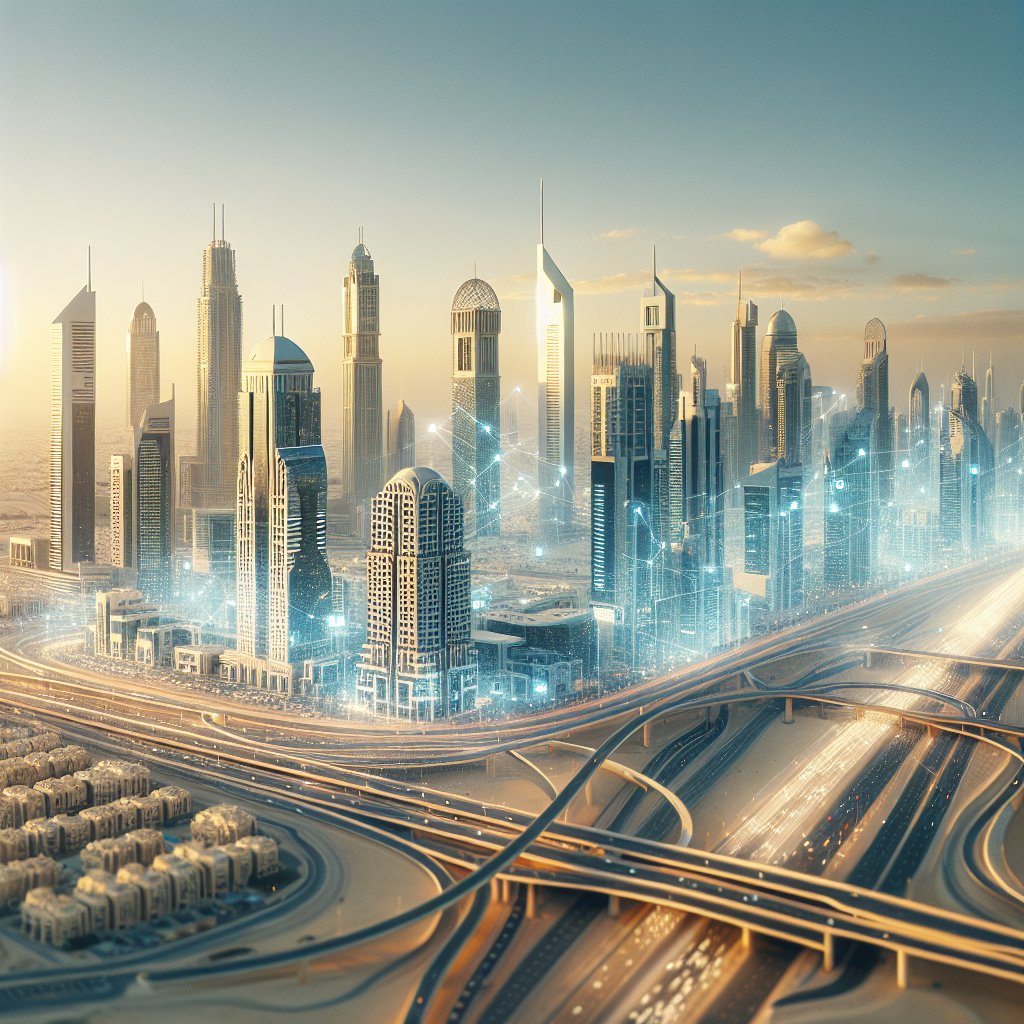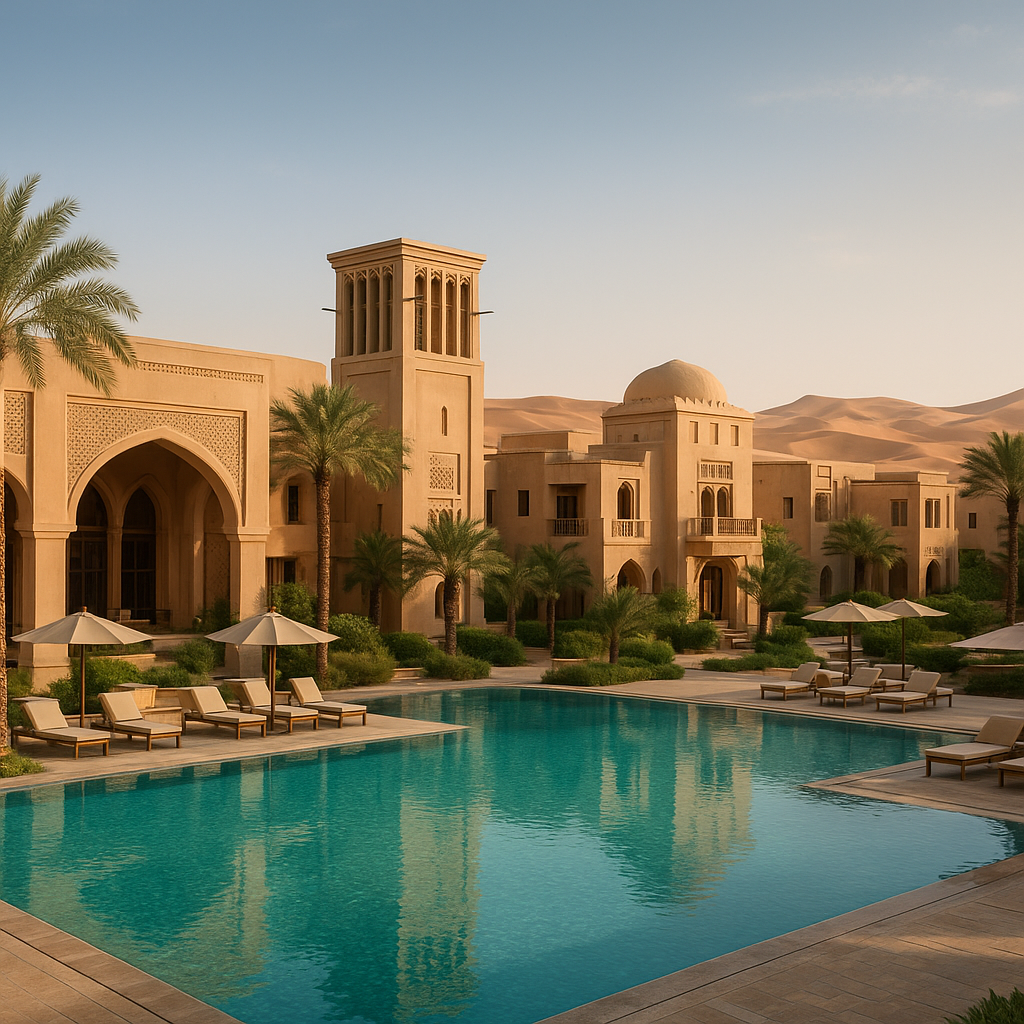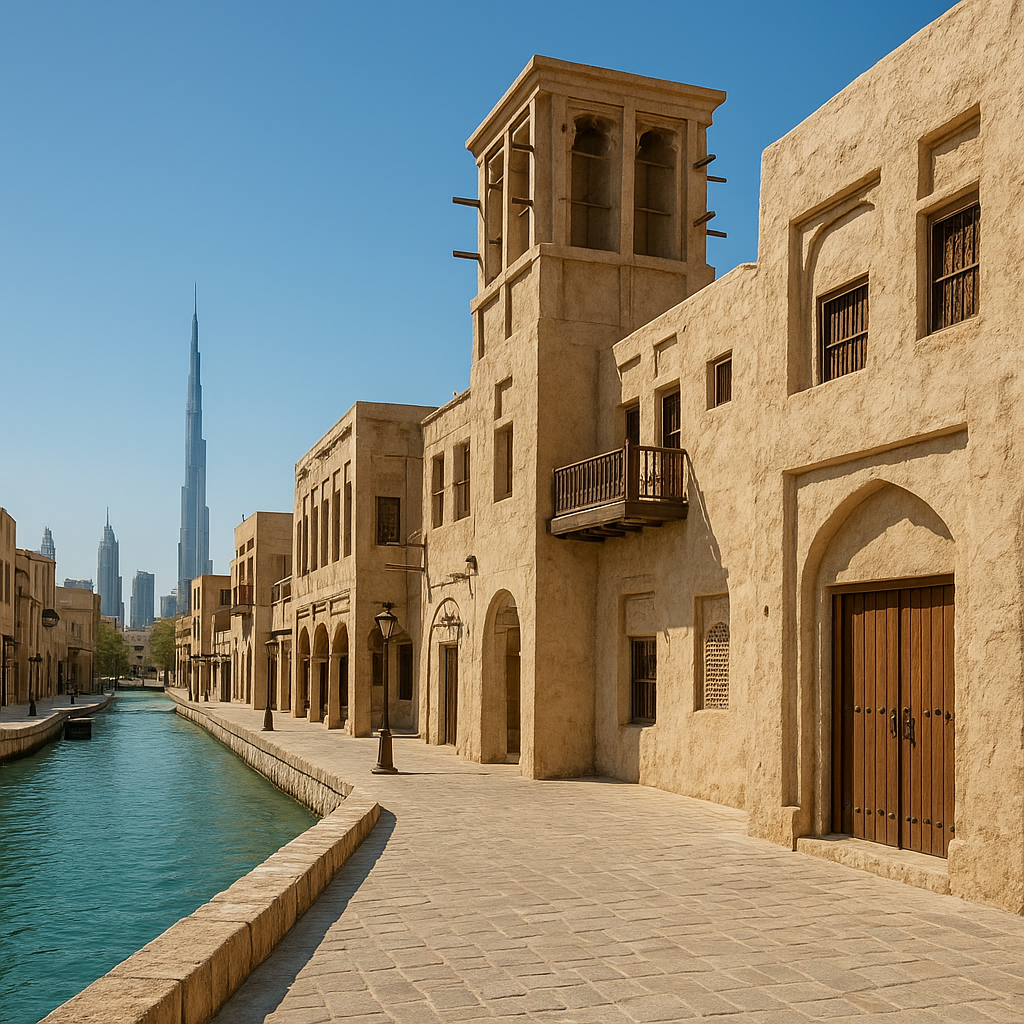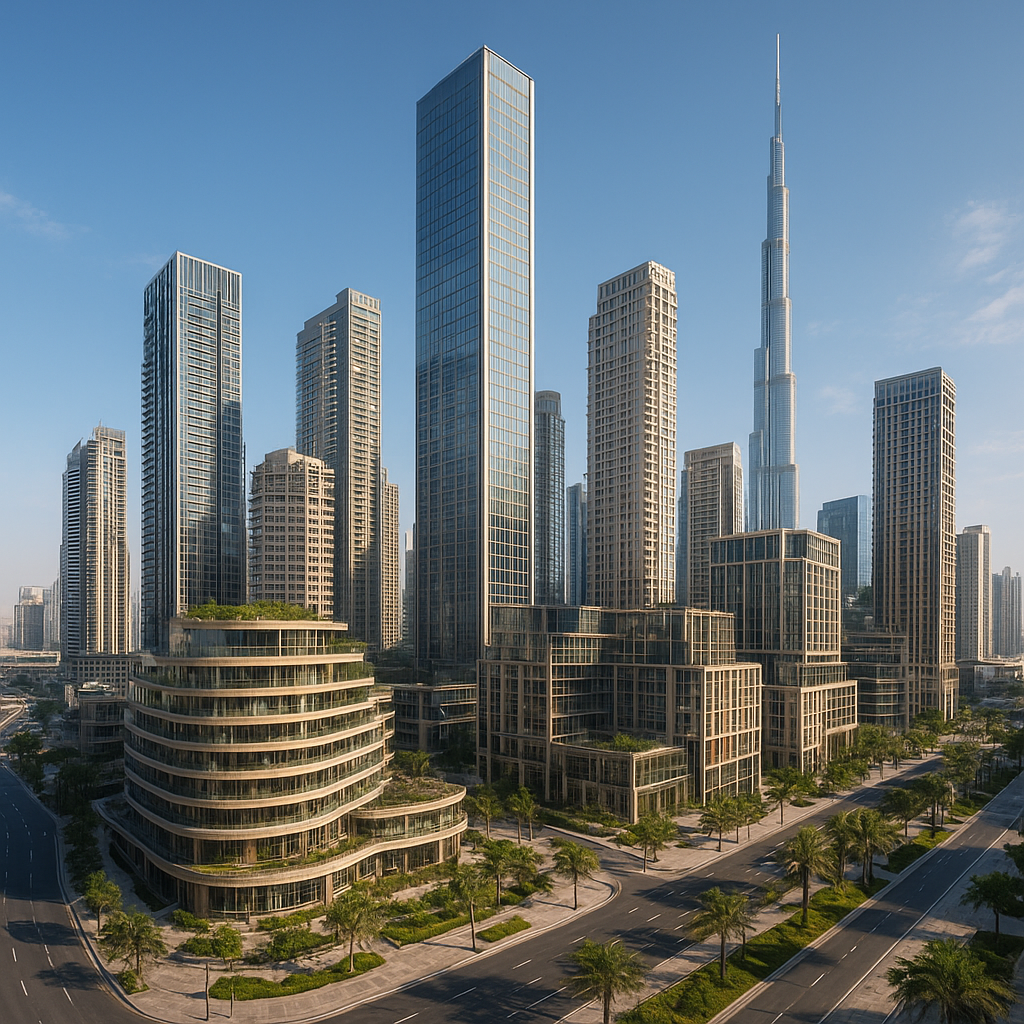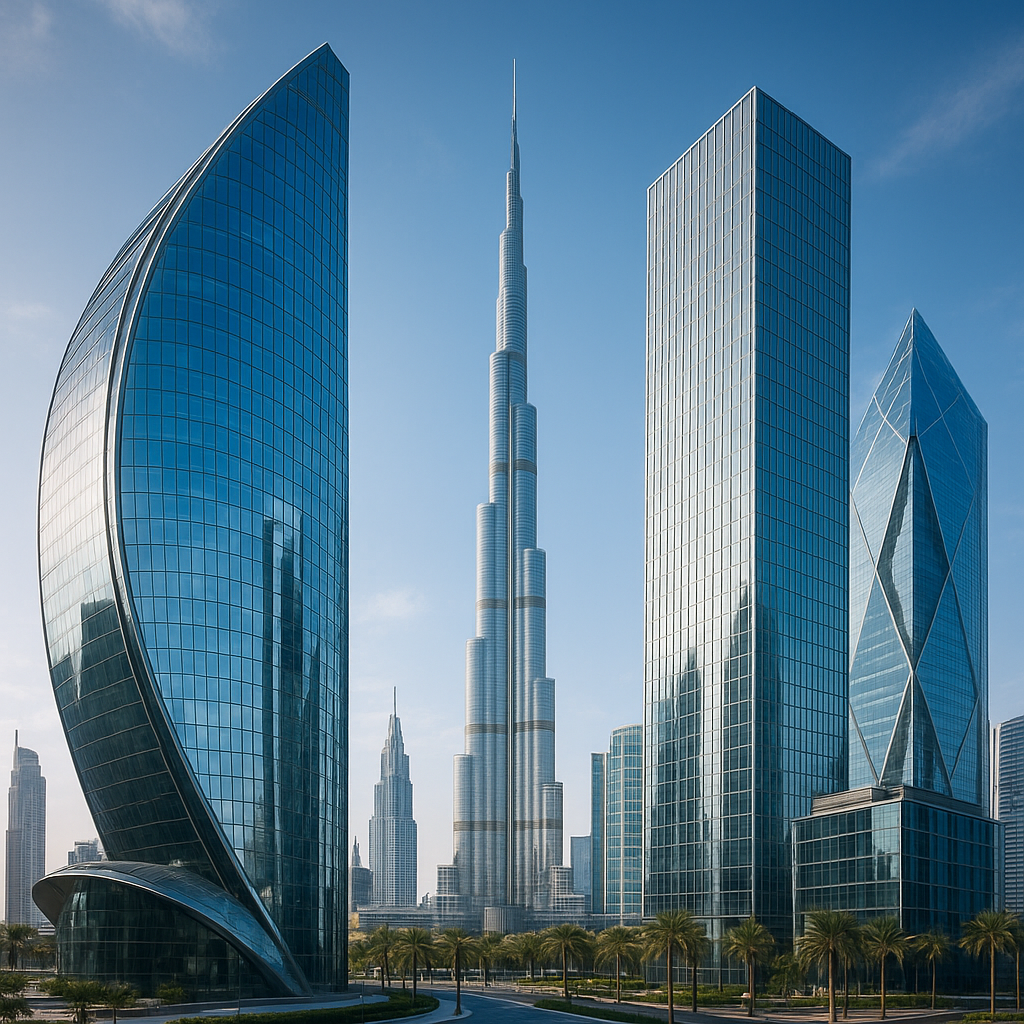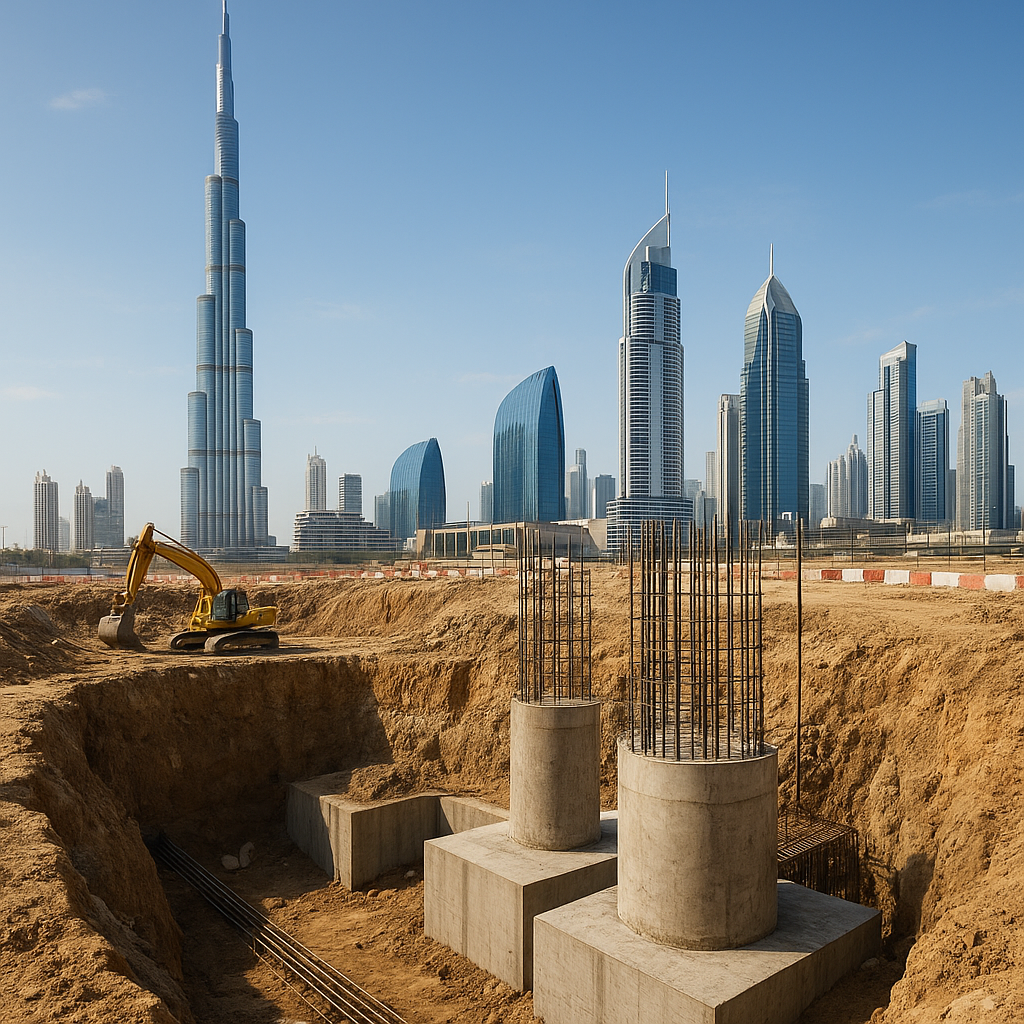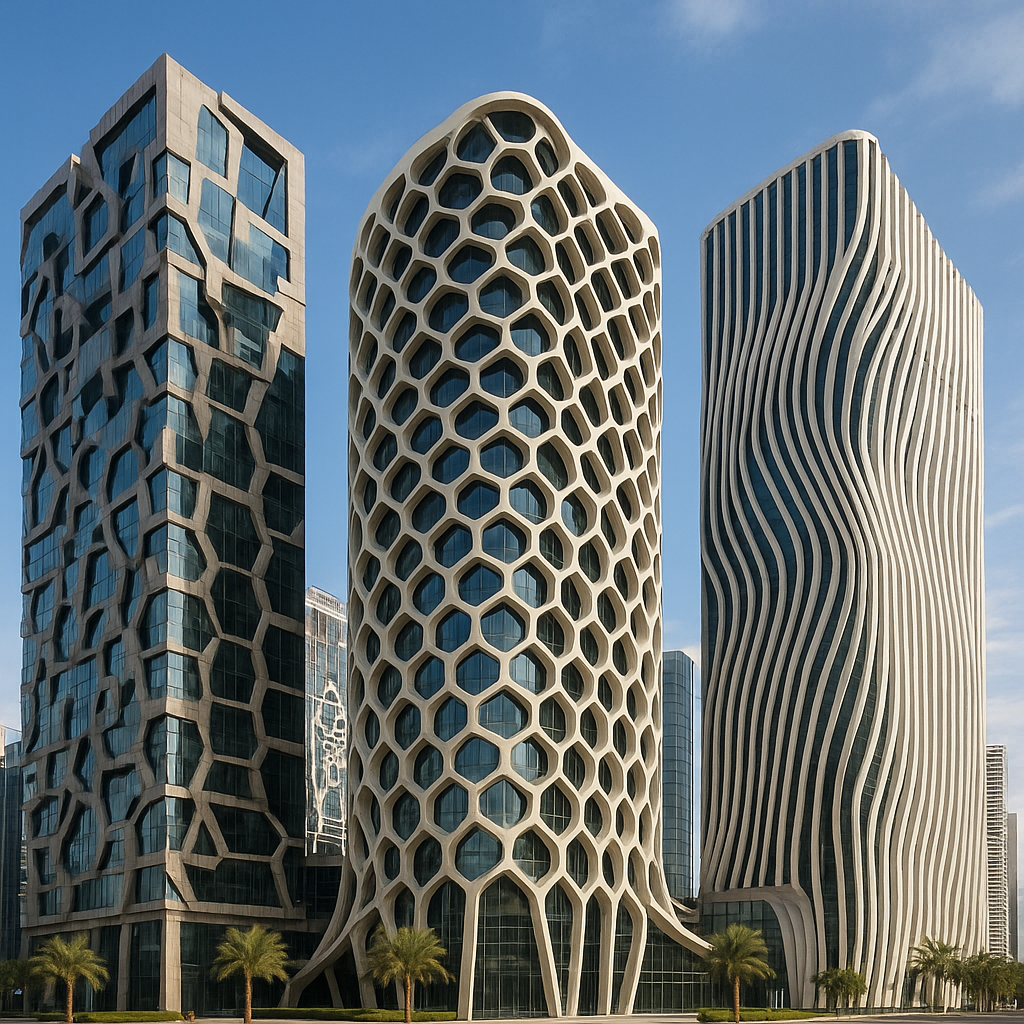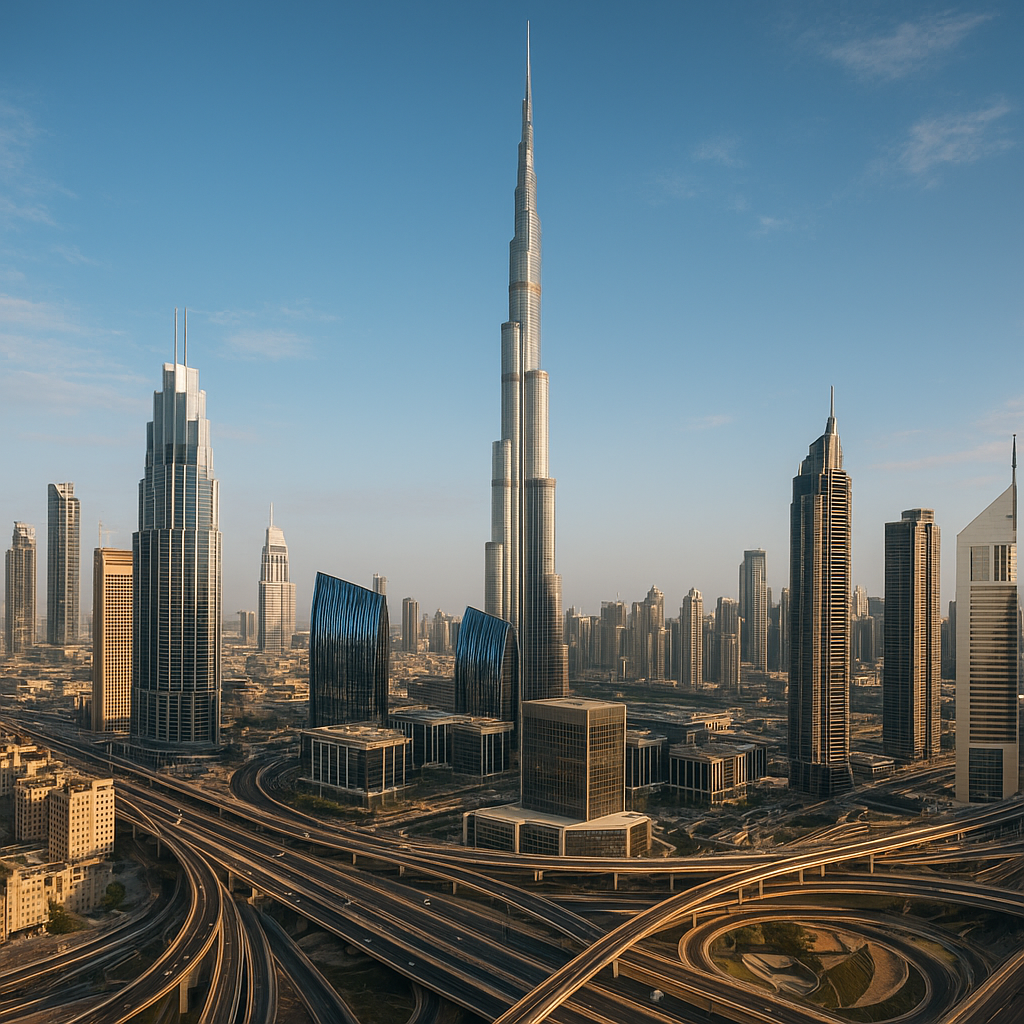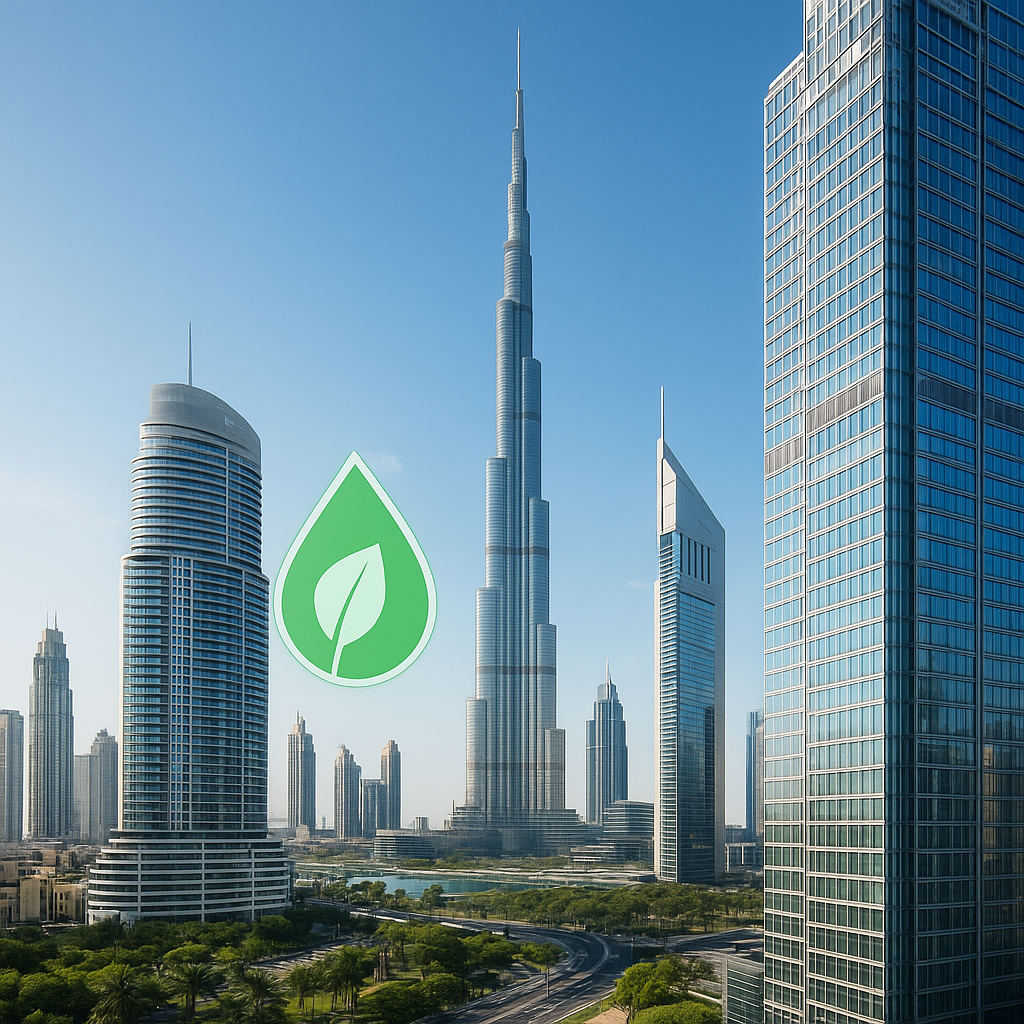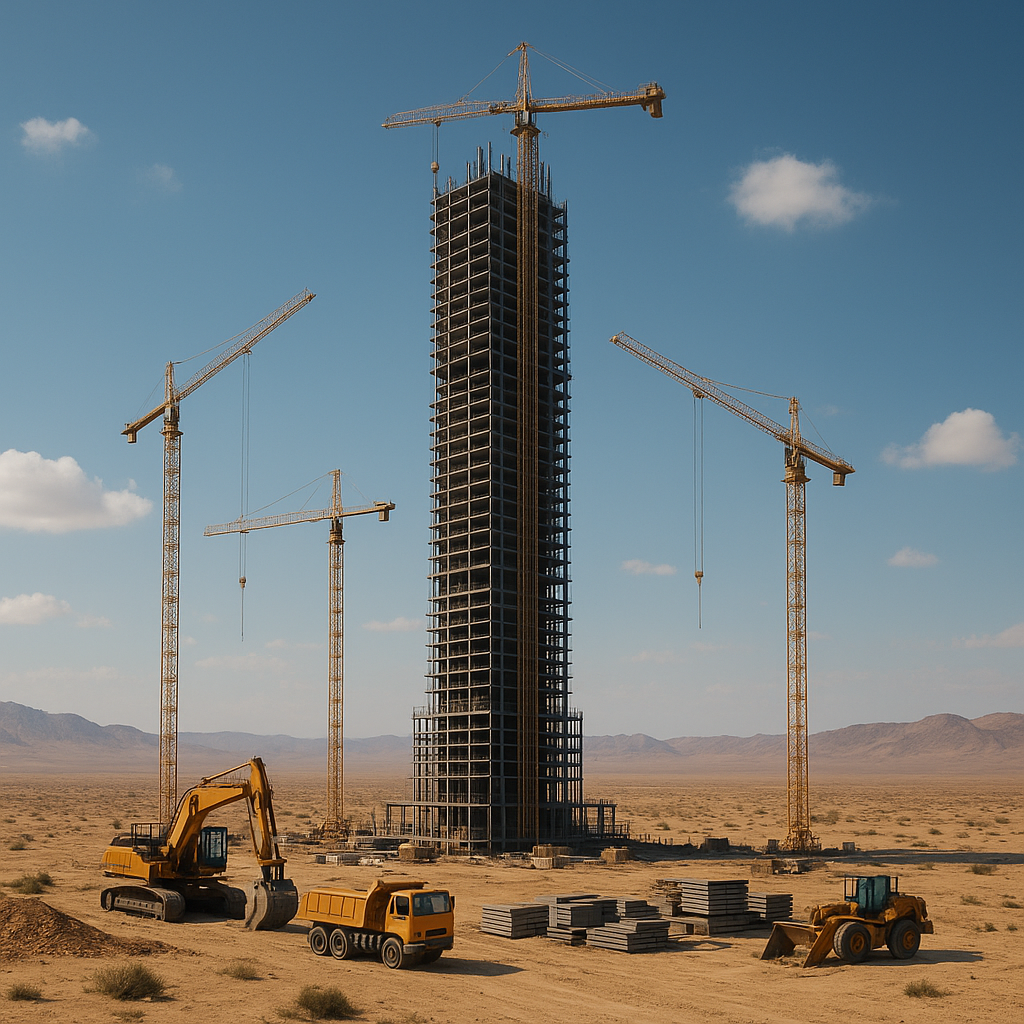Dubai, a city renowned for its futuristic skyline and innovative architecture, is at the forefront of integrating smart building technologies into its urban landscape. As the city continues to grow and evolve, the adoption of smart buildings is becoming a pivotal aspect of its development strategy, aiming to enhance sustainability, efficiency, and the quality of life for its residents.
The Evolution of Smart Buildings in Dubai
The concept of smart buildings in Dubai is not entirely new, but its evolution has been rapid and transformative. Initially, the focus was on incorporating basic automation systems to improve energy efficiency and reduce operational costs. However, with advancements in technology and a growing emphasis on sustainability, the scope of smart buildings has expanded significantly.
Today, smart buildings in Dubai are equipped with cutting-edge technologies such as the Internet of Things (IoT), artificial intelligence (AI), and advanced data analytics. These technologies enable buildings to communicate with their environment, adapt to the needs of their occupants, and optimize resource usage. For instance, IoT sensors can monitor and control lighting, heating, and cooling systems based on real-time occupancy data, significantly reducing energy consumption.
Moreover, the integration of AI in smart buildings allows for predictive maintenance, where potential issues are identified and addressed before they escalate into costly repairs. This not only enhances the longevity of building systems but also ensures a seamless experience for occupants. The use of data analytics further aids in understanding usage patterns and making informed decisions to improve building performance.
Impact on Sustainability and Urban Living
One of the most significant impacts of smart buildings in Dubai is their contribution to sustainability. As the city aims to reduce its carbon footprint and promote green living, smart buildings play a crucial role in achieving these goals. By optimizing energy usage and incorporating renewable energy sources, such as solar panels, these buildings significantly reduce greenhouse gas emissions.
Additionally, smart buildings contribute to water conservation through advanced plumbing systems that monitor and control water usage. This is particularly important in a city like Dubai, where water scarcity is a pressing concern. By minimizing waste and promoting efficient resource management, smart buildings align with Dubai’s vision of becoming a sustainable city.
Beyond environmental benefits, smart buildings enhance the quality of urban living. They offer a more comfortable and convenient lifestyle by providing personalized environments tailored to individual preferences. For example, smart home systems can adjust lighting, temperature, and even entertainment options based on the occupant’s habits and preferences, creating a more enjoyable living experience.
Furthermore, smart buildings improve safety and security through advanced surveillance systems and access controls. These systems can detect unusual activities and alert authorities in real-time, ensuring a safer environment for residents and businesses alike.
Challenges and Future Prospects
Despite the numerous benefits, the implementation of smart buildings in Dubai is not without challenges. One of the primary obstacles is the high initial cost of integrating advanced technologies. While the long-term savings and benefits are substantial, the upfront investment can be a deterrent for some developers and property owners.
Another challenge is the need for skilled professionals who can design, implement, and maintain these complex systems. As the demand for smart buildings grows, so does the need for a workforce equipped with the necessary technical expertise. This requires investment in education and training programs to ensure a steady supply of qualified professionals.
Looking ahead, the future of smart buildings in Dubai is promising. As technology continues to advance, the capabilities of smart buildings will expand, offering even greater benefits. The integration of 5G technology, for instance, will enhance connectivity and enable more sophisticated IoT applications, further improving building efficiency and occupant experience.
Moreover, as Dubai continues to position itself as a global leader in innovation and sustainability, the adoption of smart buildings is likely to accelerate. With supportive government policies and initiatives, such as the Dubai 2040 Urban Master Plan, the city is well on its way to becoming a model for smart urban development.
In conclusion, the rise of smart buildings in Dubai’s urban landscape is a testament to the city’s commitment to innovation and sustainability. By embracing cutting-edge technologies, Dubai is not only enhancing its built environment but also setting a benchmark for cities worldwide. As the city continues to evolve, smart buildings will undoubtedly play a central role in shaping its future.
